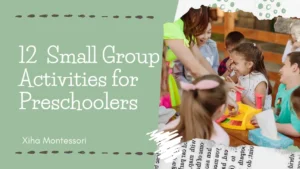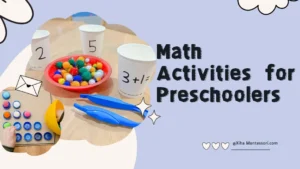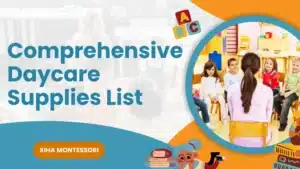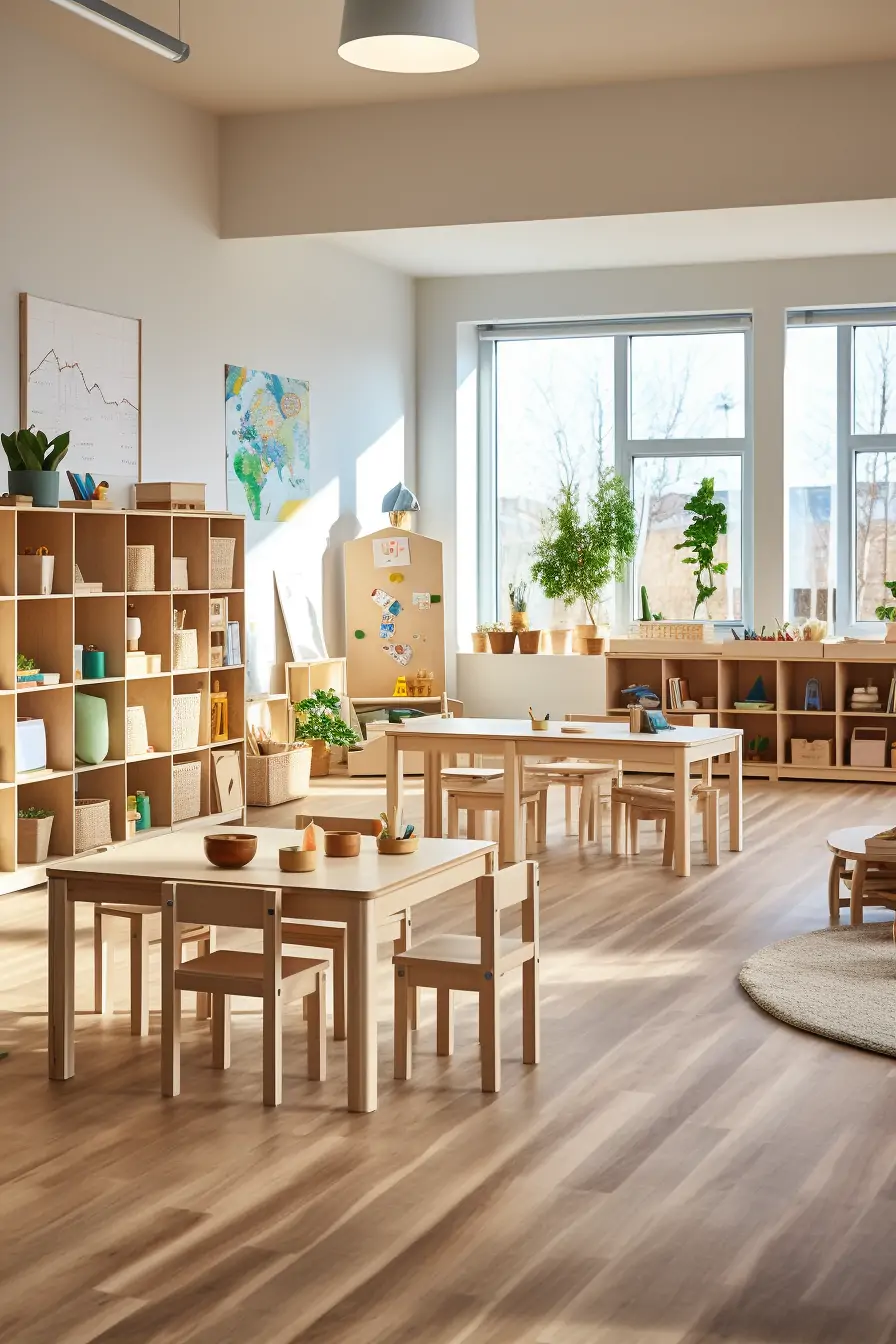Hearing the word ‘discipline’ often brings memories of our own parents and teachers to the surface. Sometimes, these memories are positive. But often, they’re of moments we hope not to repeat with our own children.
Interestingly, the word ‘discipline’ is actually derived from a Latin word which literally means ‘education’ or ‘training’ – essentially teaching.
Our little ones are not born with an innate knowledge of how best to behave and so it’s our role to discipline them – that is, to teach them about socially appropriate behaviour.
Just as we teach our children about nursery rhymes, animals, road safety, healthy eating and SO much more, we are also our children’s first teachers when it comes to learning how to behave. Since the approaches now supported by research might differ from the strategies used by your parents and carers, I thought it would be helpful to share some tips as you teach your young learner to behave.

Seven Steps To Success
1. The first tip is to acknowledge that your child simply hasn’t been on the planet long enough to have mastered socially appropriate behaviour. (*Heck, I’ve been around considerably longer and I don’t always nail it). Take a deep breath, adjust your expectations and recognise that there’s still a whole lot of learning to be done.
2. Always try to consider the reason behind your child’s behaviour. Do they need something (like food; sleep; help calming down)? Are they struggling emotionally (perhaps they’re finding it hard to adapt to the birth of their new baby sibling? Or the recent changes at kindy?). Or are they simply demonstrating that they’ve come across a task they’re to master (again, *see above)? It’s this last situation that calls for discipline and unfortunately, there’s no magically effective one-size-fits-all strategy (as much as we might wish there was).
It simply doesn’t make sense to address the behaviour of an overtired toddler and a speech delayed youngster who’s struggling to manage his frustration in exactly the same way. In reality, children who have different needs and/or lessons to learn, require different responses.

3. Always try to respond rather than to react. The learning pathways in children’s brains shut down when they’re feeling upset or being yelled at, so focus instead on ‘connecting before correcting’. Remember, your goal is to teach your child how to handle a situation better next time.
4. Along the way, remind yourself that your child doesn’t need to be made to feel bad in order to do good. Good teachers know this and and never seek to make their students feel bad as they’re learning to read or to swim… learning to behave is no different.
5. Coach your child to repair their relationships when they’ve made poor choices. You might find yourself saying things like,
• “What do you think that was like for your brother/sister/friend?”
• “What could you do differently next time?”
• “How might you make this better? Do you need some help fixing this?”
6. Focus on being a good role model. Our children learn so much more from what we do than from what we say. Treat your child with kindness, compassion and patience and remember to say sorry when you get it wrong (truly, none of us are perfect).
7. Finally, encourage your child to practise the social, emotional and behavioural skills they’re yet to master. We know that children learn through play and repetition, so have some fun together and practise behavioural skills or challenging social situations through role play. Children often love it when you say, “Okay, for our practice one of us needs to be you and one of us can be me – who would you like to be to start with?!

When we know better, we can do better
While ‘old school’ discipline may have encouraged parents to see their children as being a problem, we now know that it’s much more helpful to see our children as having a problem, when they demonstrate how much they still have to learn. Ultimately, when you are the firm but loving teacher that I know you can be, you will be perfectly placed to bring out the best in your young learner.










